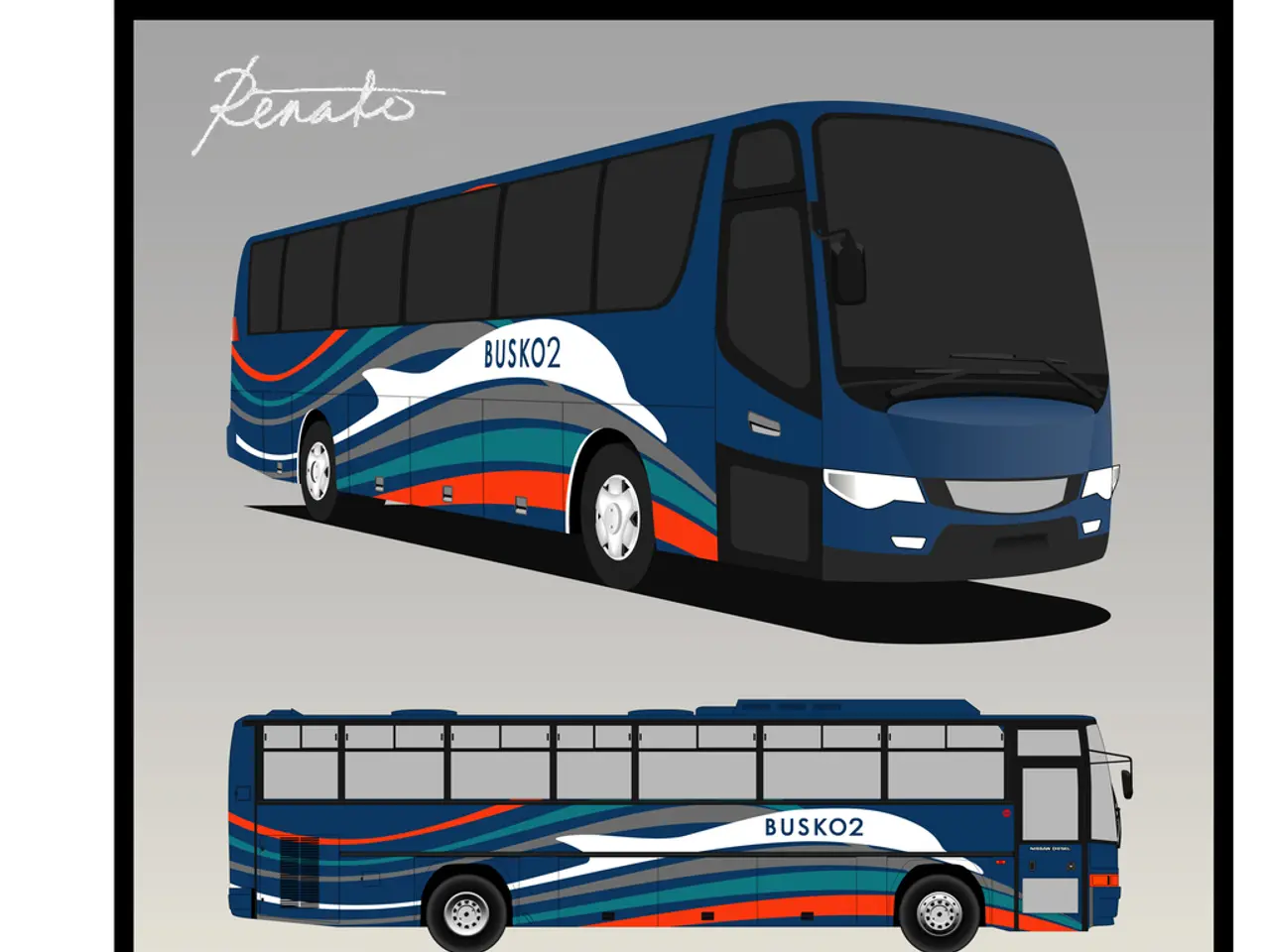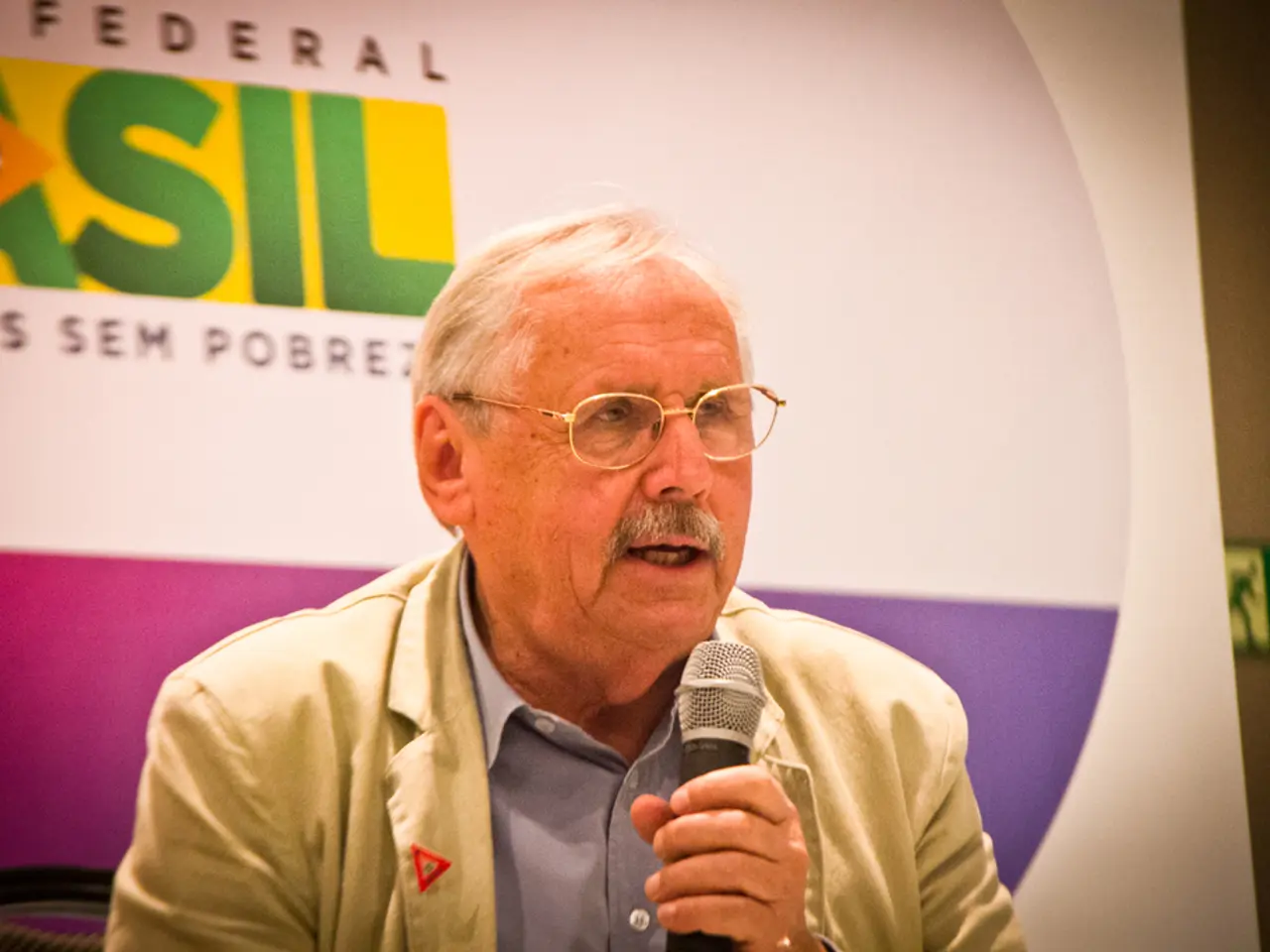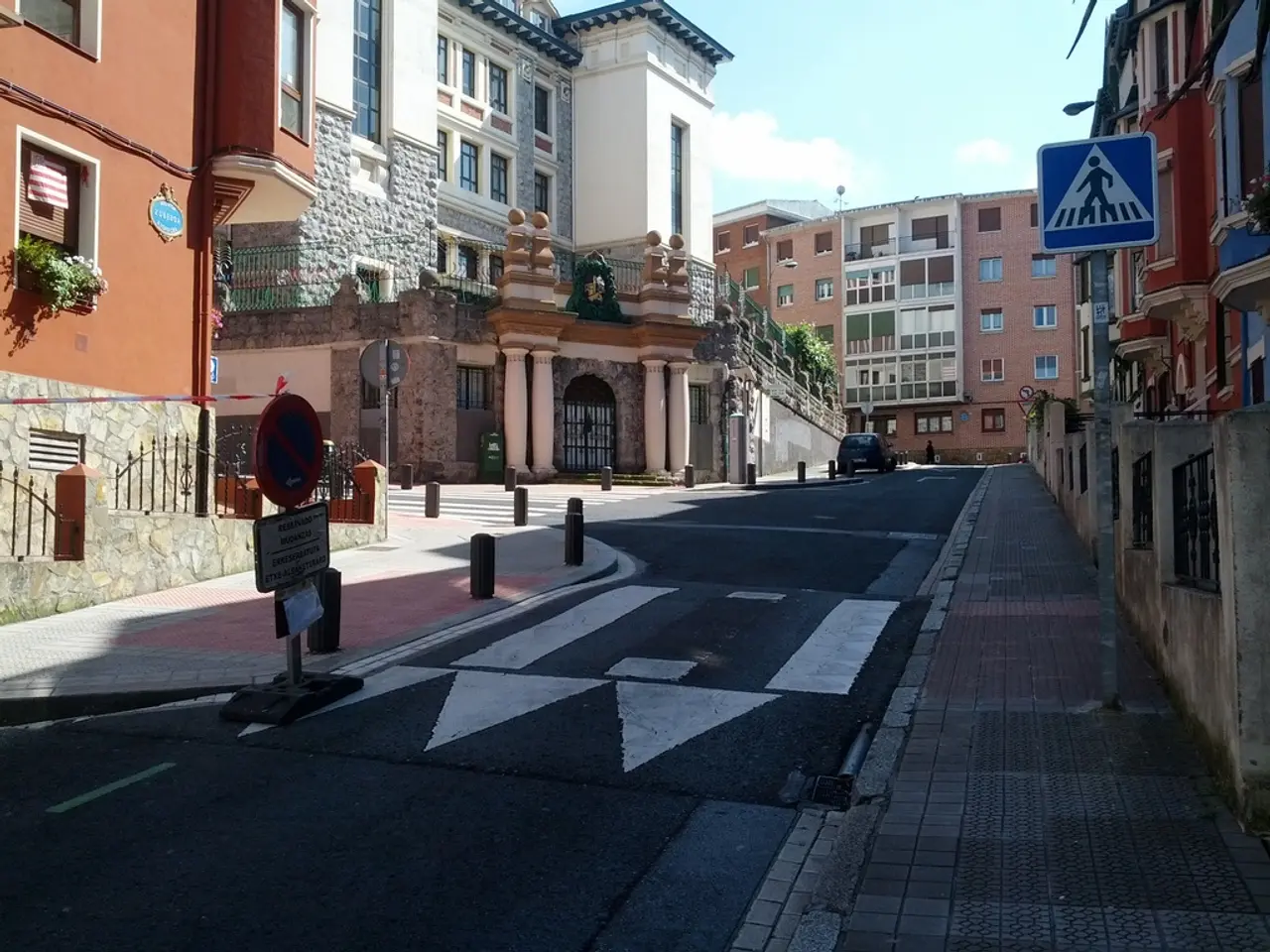Electric buses now operative in Neubrandenburg
In the picturesque region of Mecklenburg-Vorpommern, Germany, the shift towards sustainable public transport is underway. The city of Neubrandenburg is spearheading this change, introducing six large electric buses to its public transport system.
These new additions, costing an estimated 5.7 million euros, join two smaller electric on-demand buses that have been in operation in Neubrandenburg. Each electric bus boasts 110 seats, bringing a significant capacity boost to the city's public transport.
The Neubrandenburg public transport company, with a fleet of over 30 buses, is eager to embrace this greener future. The city of Rostock, too, took its first steps towards electric buses in 2021, and Schwerin launched its first electric bus in 2020. The Ludwigslust-Parchim transport company has already adopted 45 electric buses, further demonstrating Mecklenburg-Vorpommern's commitment to this transition.
However, not all districts in Mecklenburg-Vorpommern are ready to make the switch just yet. The Nordwestmecklenburg district council, citing cost reasons, has decided to continue operating diesel buses. In a move towards sustainability, these diesel buses will, in the future, be fuelled with synthetic fuel HVO 100, a fuel that can be made from waste materials and plant oils.
The Mecklenburgische Seenplatte district contributed 1.2 million euros towards the cost of the electric buses in Neubrandenburg, demonstrating a shared commitment to a greener future. Unfortunately, the exact number of electric buses currently operating in Mecklenburg-Vorpommern, as well as the number of diesel buses in the Nordwestmecklenburg district, remain unclear.
As the rollout of electric buses continues, the plan is to gradually replace diesel buses with their electric counterparts. The electric buses in Neubrandenburg are expected to enter regular service from mid-August, marking another milestone in Mecklenburg-Vorpommern's journey towards a more sustainable public transport system.
For those seeking more detailed information, such as the exact costs of the electric buses, diesel buses, and HVO 100 fuel, as well as district-by-district adoption specifics, it is recommended to check the latest reports from Mecklenburg-Vorpommern's transportation ministry or local public transit operators.
- Despite the cost, the Nordwestmecklenburg district council is planning to transition their diesel buses to run on synthetic fuel HVO 100, demonstrating a commitment to environmental-science and sustainability.
- With the addition of six large electric buses, the city of Neubrandenburg's public transport system is aligning with the broader industry trend towards sustainable transportation.
- Financing the transition to electric buses, Mecklenburgische Seenplatte district contributed 1.2 million euros, indicating a mutual investment in the future of public-transit and environmental-science in Mecklenburg-Vorpommern.




